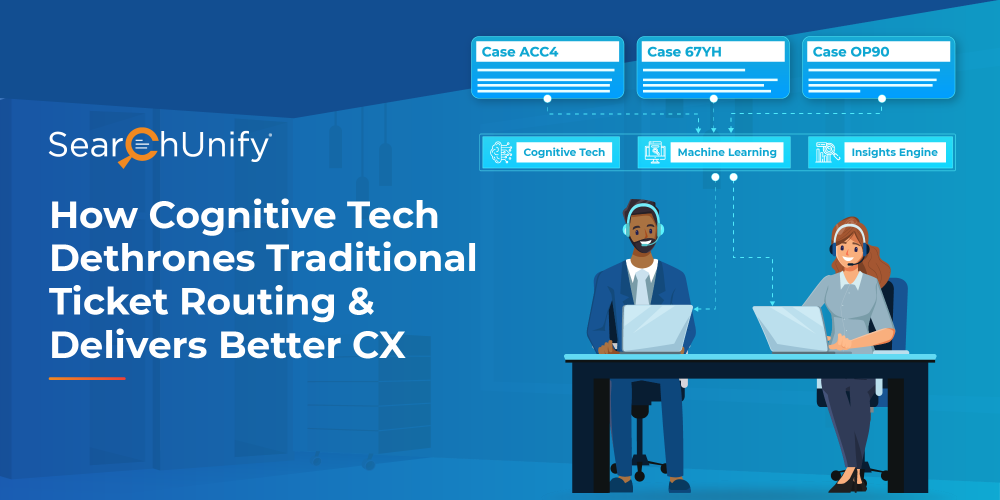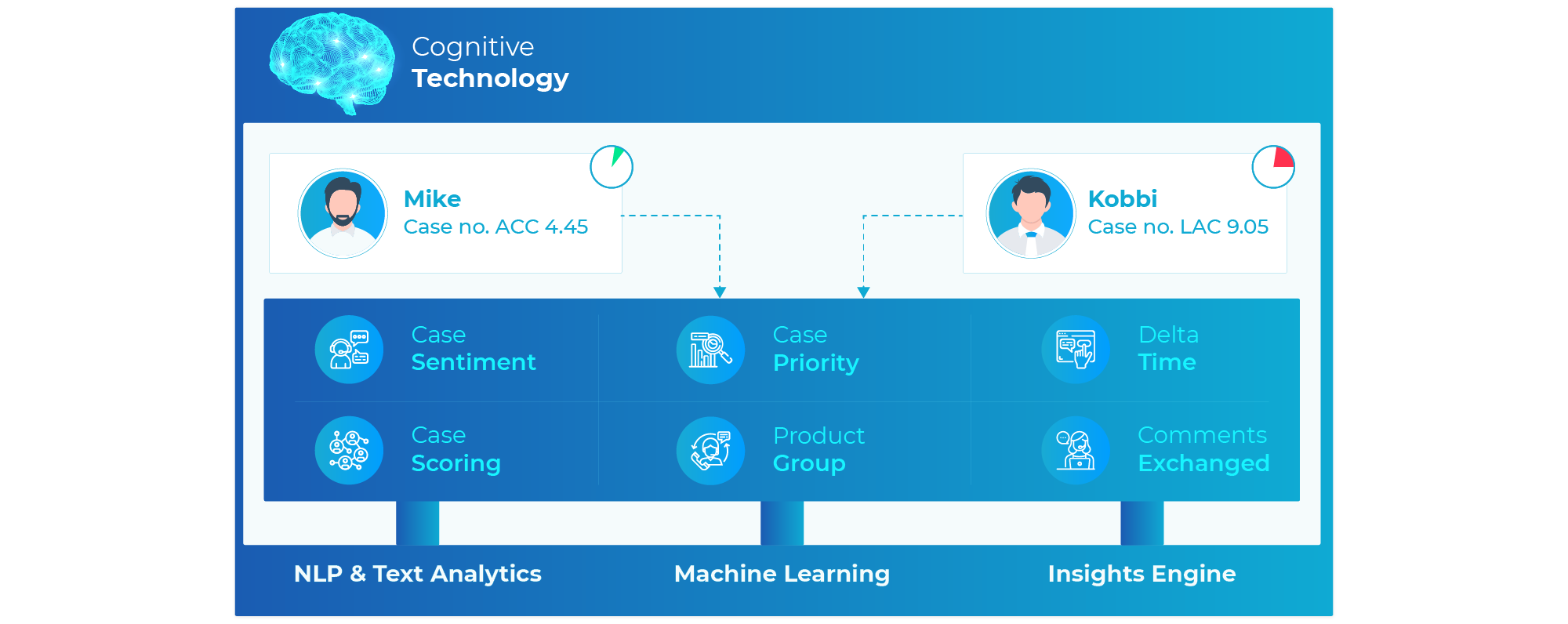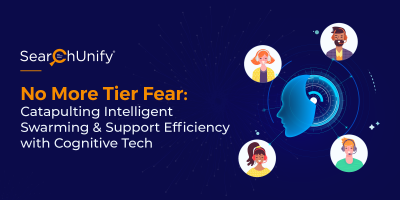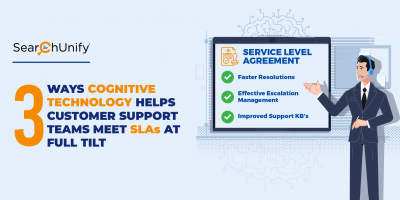
Here’s a scenario for you.
Imagine you work in customer support. You’ve just logged into your system and you see seven tickets assigned to you; four of which are brand new. You decide to work on tickets based on their priority, but alas, all four are labeled P1 (high priority).
Your manager looks the entire team dead in the eye and says that last month, the company lost X amount of money due to SLA breaches and escalations. So, you can’t really afford to err and be on your manager’s radar.
What do you do? Which ticket do you pick first?
This is what happens with most frontline support agents (or technical support engineers). While experienced agents know old customers like the back of their hands and can work through ticket prioritization with their gut feelings; most of the agents don’t possess this expertise. Also, as your customer base and volume of tickets grow, these intuitions can go wrong.
One of the key findings from the Gartner Customer Experience Management Survey was that customers are more likely to renew a relationship if their interactions with a company are fast and easy. So, the burning question is, how do your agents prioritize support tickets or service requests efficiently? Cognitive technology is the answer to this question. This blog post points out the sheer limitations of the traditional ticket prioritization system and explains why it’s about time to jump on the cognitive bandwagon for effective ticket triaging.
Why Traditional Ticket Triaging Systems Fail & How Cognitive Tech Helps
1. First-Come, First-Served Method
The simplest approach to manage support queues: the ticket that comes in first is handled first. But this approach doesn’t factor in urgency and importance, which are two very important aspects of effective ticket handling.
For instance, if customer A contacts your support team first to enquire about how to configure end-user access & sign-in, but customer B reports a major services outage issue shortly after, then the first-come-first-served method will let you down. Also, no intelligent ticket triaging system means the urgent ticket might not get picked on time, which could lead to an SLA breach.
How Cognitive Tech Helps: It integrates with your ticket management system and examines past tickets. Then, it leverages AI and NLP to gauge sentiments from the ticket information for a better understanding of the customer’s state of mind and needs. After analyzing a multitude of things such as customer profiles & sentiments, case priority, product version/group, etc., cognitive tech forewarns when a case is about to escalate and helps your agents prioritize tickets accordingly.

The best part is, all of this is done in real-time so that your agents can put out the fire before it begins to spread.
2. Manual Ticket Assignment
Some helpdesk software let customers define ticket priority, while others leave it up to the agents. For customers, their ticket might always be a high priority. That’s why some companies choose to opt for the latter. On a day when your team isn’t flooded with tickets, which never really happens, this approach might work. But one bug or a broken link on the website and all hell will break loose.
How Cognitive Tech Helps: Cognitive technology automates ticket assignment, all the while understanding the variability in factors leading to escalations. It gets rid of one-size-fits-all case prioritization models and empowers the support managers to decide which factors or case fields dominate the escalation criteria and hence ticket prioritization.
These factors can be anything from comments, time taken to resolve, ticket priority, product version/group, etc. Simply put, these factors play a role in deciding which ticket to pick first but you decide which factors should influence more based on your environment.
Once the input data is fed to the cognitive model, machine learning kicks in and surfaces the possibility of ticket escalation in percentage. You can always go back and de-select features you feel are irrelevant or add more.
3. Assignment Barring Agent Expertise
As support agents grow in their role, they develop expertise in certain areas. For instance, an agent might handle tickets related to group policy and end-user settings while the other is an expert in pushing server-wide software updates. Needless to say, ticket triaging and case prioritization models need to be intelligent enough to factor in agent expertise while automatically assigning tickets.
How Cognitive Tech Helps: Cognitive ticket triaging models match agent expertise on the said topic by matching keywords. This achieves two things. First, it reduces the overall Mean Time to Resolution (MTTR), and second, it helps in Customer Experience Management (CXM). With this approach, tickets are automatically sent to the right person, instead of messy to-and-fro between agents.
Interested in Setting Up an Efficient Triaging Process? This Free Resource Will Come in Handy
View this free datasheet to see how you can enable customer sentiment analysis and automate case routing with SearchUnify. If you want a one-on-one personalized walkthrough about what SearchUnify can do for your organization, request a live demo, today!
















